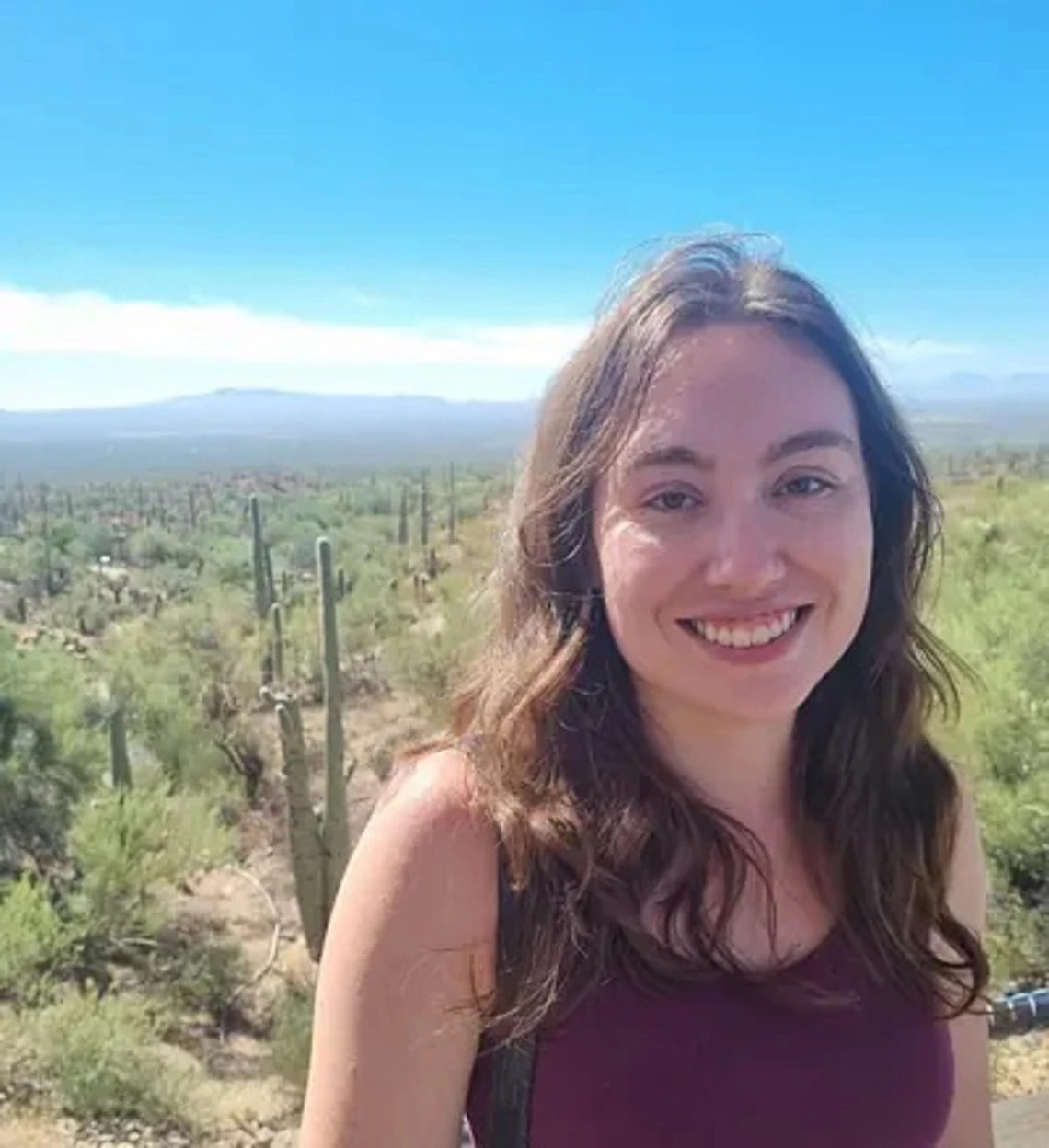Addressing Complex Conservation Problems with Ecological Niche Modeling

Speaker
When
Where
The growing field of ecological modeling has in recent years led to novel approaches in answering complex problems in ecology. Particularly, integrated methodologies combining field data, species-specific knowledge, remote sensing, and diverse model types can provide near-accurate representations of ecological systems themselves, which in turn can be used for application of conservation practices. This talk highlights integrated ecological modeling approaches addressing conservation challenges in Northeast Asia and the American Southwest through three case studies. The first examines population dynamics of reintroduced Asiatic black bears in South Korea, where habitat suitability models and dispersal simulations project the species’ expansion needs and pathways. The second case study uses population viability analyses (PVAs) to model conservation strategies for two endangered treefrog species endemic to the Korean Peninsula, illustrating that active habitat management reduces extinction risk. Finally, a model forecasting West Nile Virus (WNV) in Arizona uses mosquito abundance and environmental data to anticipate WNV hotspots, aiding public health preparedness.
This event will be held in-person in ENR2 Room S107.
Can't make it in person? Join Virtually
Captions are auto-generated. To request a transcript of this content as a disability-related accommodation, please contact Ruth Holladay (ruthholladay@arizona.edu)

